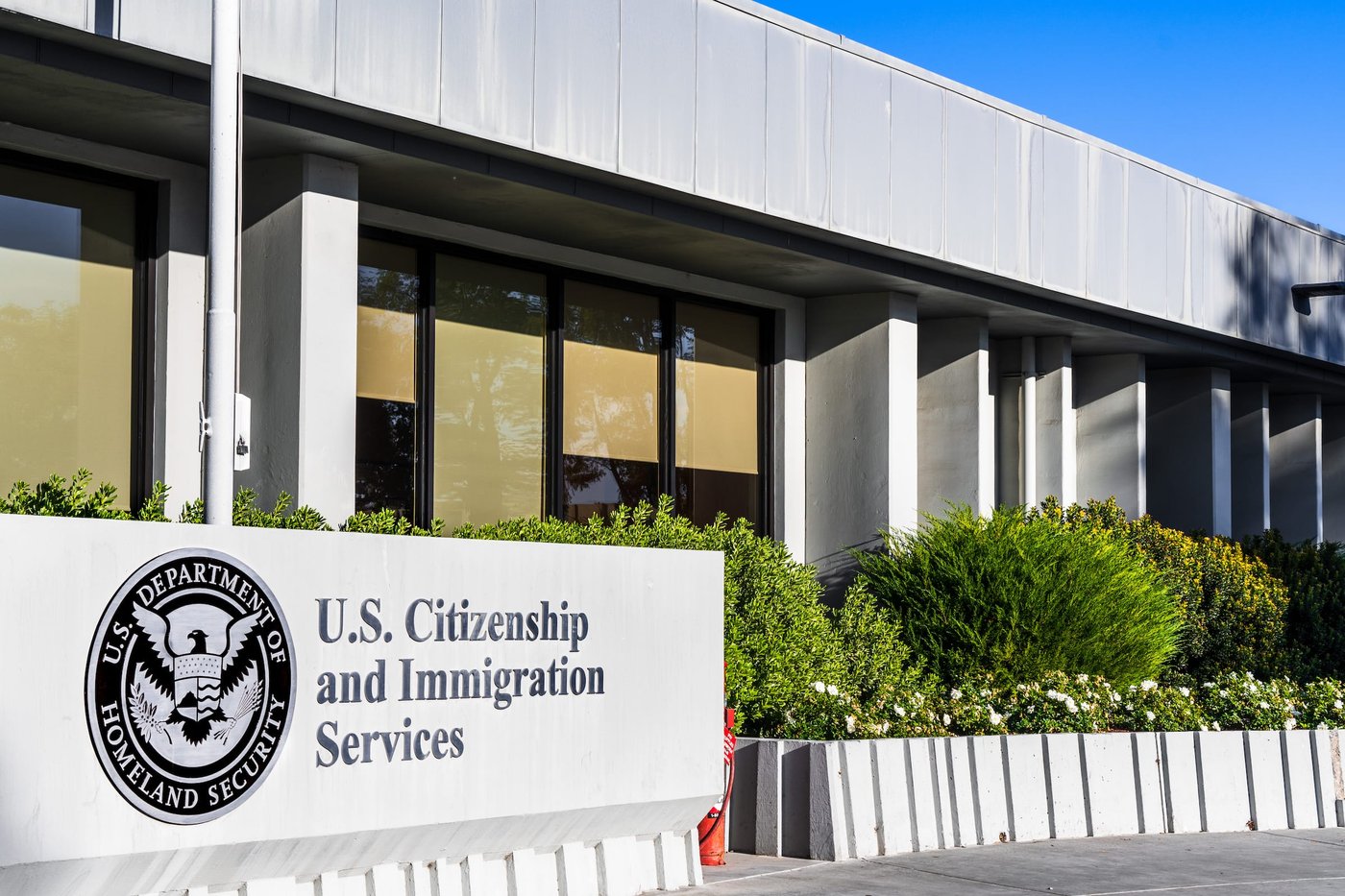Understanding the USCIS Family Visa Policy Update: Increased Denial Risks
The landscape of immigration in the United States is constantly evolving, and one of the most significant changes in recent years has been the updates to the USCIS family visa policy. This policy update comes with increased denial risks for applicants, which can lead to confusion and anxiety for families hoping to reunite in the U.S.
What is the USCIS Family Visa Policy?
The USCIS family visa policy is designed to allow U.S. citizens and lawful permanent residents to sponsor their family members for immigration to the United States. This includes spouses, children, parents, and siblings. The policy aims to facilitate family unity and support the emotional and physical well-being of U.S. citizens and their families.
However, recent updates have introduced new challenges. The heightened scrutiny of applications means that many families are facing increased risks of denial. Understanding these changes is crucial for applicants navigating this complex system.
Key Changes in the Policy
The recent updates to the USCIS family visa policy include:
These changes reflect a broader trend towards stricter immigration enforcement, which has been a hallmark of recent administrations.
Denial Risks: What to Expect
As the USCIS family visa policy becomes more stringent, applicants should be prepared for potential denial risks. Here are some common reasons why applications may be denied:
Strategies to Minimize Denial Risks
To navigate the complexities of the USCIS family visa policy and minimize denial risks, consider the following strategies:
What to Do if Denied
If an application is denied, it’s essential to understand the appeal process. Here are steps to take if faced with a denial:
Looking Ahead: The Future of Family-Based Immigration
As we move into 2025, the landscape of family-based immigration in the U.S. continues to shift. With changes in policies and increased scrutiny, it’s vital for applicants to remain vigilant and proactive.
The USCIS office locator can assist applicants in finding their local office for further guidance and support. Staying informed through reliable sources will also empower families to navigate the complex immigration system successfully.
In conclusion, while the recent family visa policy updates present challenges, understanding the landscape and taking proactive steps can aid families in their immigration journey. By preparing thoroughly and seeking professional guidance, applicants can enhance their chances of success in this evolving environment.










